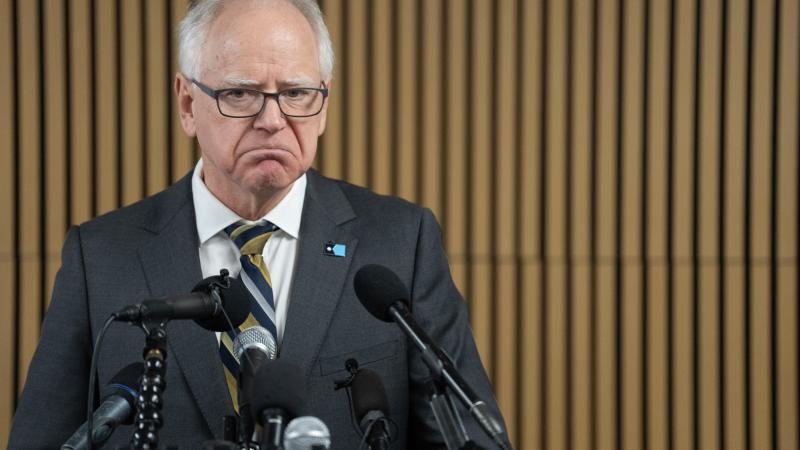Unclaimed property becomes revenue for some states
A variety of things classify as unclaimed property, from uncollected utility deposits to a trust.
Some states are making money from unclaimed property that people may not know the states have.
South Dakota is one of the few states that send profits from abandoned property to their general budget. About 3% of the state's general fund revenues come from unclaimed property, according to state budget officials. Some states, including Wyoming and Wisconsin, hold on to the property indefinitely.
"Other than Delaware, in no state is unclaimed property a major source of funding," said Jeremy Dawson, director of the National Association of Unclaimed Property Administrators. "In Illinois in 2018, there was a record amount of unclaimed property remitted to the state treasurer; however, transfers from the unclaimed property trust fund were approximately 0.3% of state revenues. In Louisiana the unclaimed property trust fund is constitutionally protected from use for anything other than paying unclaimed property claims."
A variety of things classify as unclaimed property, from uncollected utility deposits to a trust.
"All business associations, government entities, public corporations, public authorities, estates, trusts, or two or more persons having a joint or common interest must report abandoned funds to the state of South Dakota after a certain dormancy period, which is typically one to three years depending on property type," said Jason Williams, South Dakota's deputy treasurer in an email interview with The Center Square.
When the property isn't claimed, the money reverts to the state.
"Keep in mind that, by the time the property has come to UCP, a substantial amount of time has passed and the originating holder has already tried unsuccessfully to contact the individual," Williams said.
Every state advertises a free, online searchable database that can be searched by residents who think they may have a rich relative that left them an inheritance. The NAUPA also has a national database.
"The vast majority of states 'fast track' simple claims for small amounts," Dawson said. "A growing number of states now utilize state databases to find owners and mail them a check – without even requiring a claim to be filed."
Almost $2.9 billion was returned to residents of 48 states, according to NAUPA's annual report for fiscal year 2020.
Some states have dedicated funds for unclaimed property. In Arizona, the funds support mentally ill housing, according to NAUPA. In Alabama, the money goes to the public school fund.
In South Dakota, Treasurer Josh Haeder supports legislation that would create a trust for unclaimed property, but those bills have not made it through the Legislature, Williams said.
Haeder initiated a campaign that included social media to let South Dakotans know they could have unclaimed property.
"Prior to initiating the current advertising strategy, UCP processed 12,755 claims in 2019," Williams said. "After implementing the current advertising campaign, claims climbed to 31,162. It is also extremely important for individuals to know this is official and not a scam and for UCP to build trust. That is why public advertising/events and public awareness/engagement is so critical."













